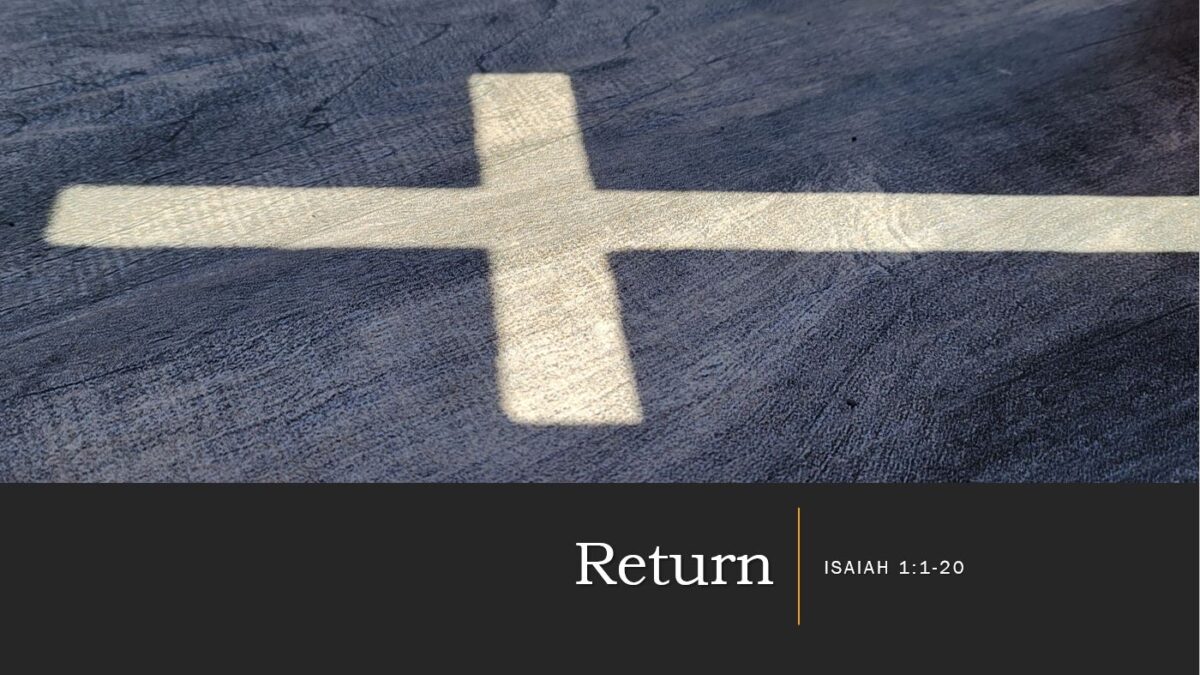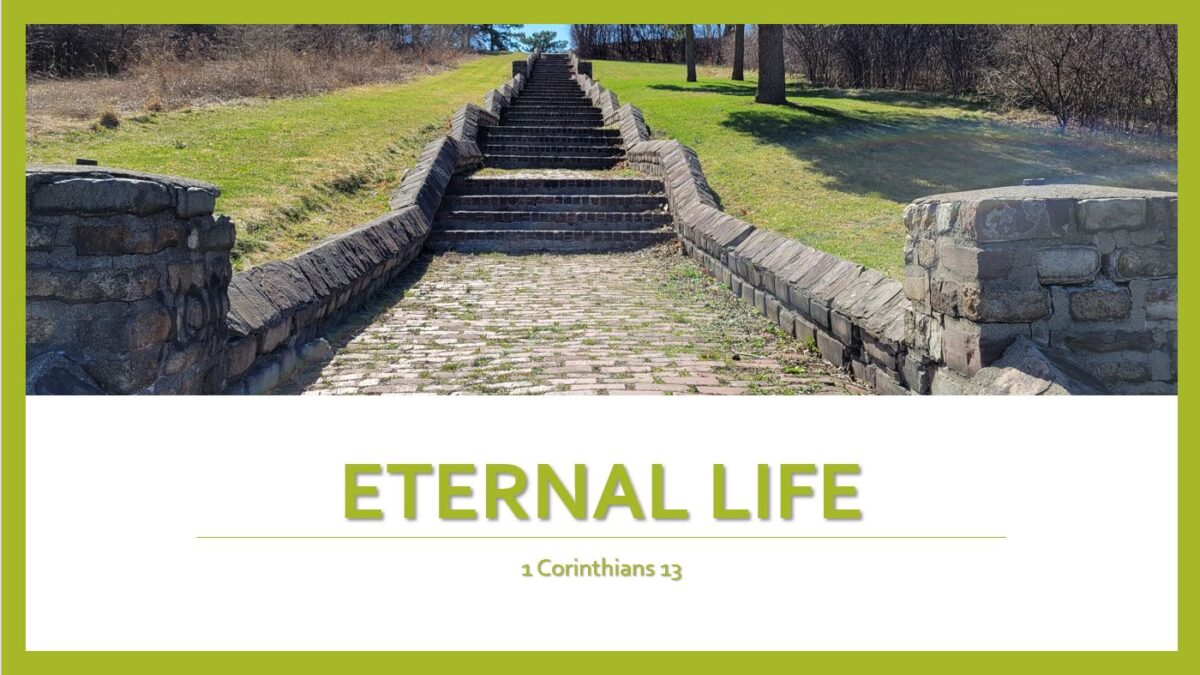2Hear, O heavens, and listen, O earth; for the Lord has spoken: I reared children and brought them up, but they have rebelled against me. 3The ox knows its owner, and the donkey its master’s crib; but Israel does not know, my people do not understand.
4Ah, sinful nation, people laden with iniquity, offspring who do evil, children who deal corruptly, who have forsaken the Lord, who have despised the Holy One of Israel, who are utterly estranged! 5Why do you seek further beatings? Why do you continue to rebel? The whole head is sick, and the whole heart faint. 6From the sole of the foot even to the head, there is no soundness in it, but bruises and sores and bleeding wounds; they have not been drained, or bound up, or softened with oil.
7Your country lies desolate, your cities are burned with fire; in your very presence aliens devour your land; it is desolate, as overthrown by foreigners. 8And daughter Zion is left like a booth in a vineyard, like a shelter in a cucumber field, like a besieged city. 9If the Lord of hosts had not left us a few survivors, we would have been like Sodom, and become like Gomorrah.
10Hear the word of the Lord, you rulers of Sodom! Listen to the teaching of our God, you people of Gomorrah! 11What to me is the multitude of your sacrifices? says the Lord; I have had enough of burnt offerings of rams and the fat of fed beasts; I do not delight in the blood of bulls, or of lambs, or of goats. 12When you come to appear before me, who asked this from your hand? Trample my courts no more; 13bringing offerings is futile; incense is an abomination to me. New moon and sabbath and calling of convocation—I cannot endure solemn assemblies with iniquity.
14Your new moons and your appointed festivals my soul hates; they have become a burden to me, I am weary of bearing them. 15When you stretch out your hands, I will hide my eyes from you; even though you make many prayers, I will not listen; your hands are full of blood. 16Wash yourselves; make yourselves clean; remove the evil of your doings from before my eyes; cease to do evil, 17learn to do good; seek justice, rescue the oppressed, defend the orphan, plead for the widow.
18Come now, let us argue it out, says the Lord: though your sins are like scarlet, they shall be like snow; though they are red like crimson, they shall become like wool. 19If you are willing and obedient, you shall eat the good of the land; 20but if you refuse and rebel, you shall be devoured by the sword; for the mouth of the Lord has spoken.
The Holy Bible: New Revised Standard Version (Nashville: Thomas Nelson Publishers, 1989), Is 1:2–20.
It is difficult to read words like this, especially when they are presented as proceeding from the mouth of God. Some Christians find it hard to believe God would ever speak in such a way. The caricature of Jesus that is drawn in many modern descriptions of Jesus is so tender and gentle that a few contemporary theologians seem to suggest that Israel only imagined these words into the mouth of God in hindsight after the devastation the Babylonians brought to Israel in the 500s B.C.
And yet, these words should not be surprising to us. The covenant God made with Israel at Mount Sinai promised such curses if Israel broke the covenant, which the people did, over and over again. God sent prophet after prophet, curse after curse, judgment after judgment for over 800 years before these words of Isaiah were finally fulfilled. And yet, God’s children did not return to the covenant God had made with them. They continued to follow their own hearts and to go their own way.
Though, the question still remains: Do such words still apply in the New Covenant of Jesus? After all, those of us who have been reconciled to God by faith in the faithfulness and trustworthiness of Jesus did not enter into a written covenant with God. We simply let our yes be yes and our no be no. We agreed to be the people of the God of Abraham, Isaac, and Jacob Who became flesh in the Person of Jesus by following Jesus and honoring Him as Lord. There was no written Law. We are being saved by faith. So, without Law, there can be no just consequence, can there? Perhaps this covenant, this agreement, allows for no tangible correction.
And yet, the same God who authored the covenant of Sinai, is the God Who became flesh in the Person of Jesus. What does it mean to have faith in Him? What would be the consequence of faithlessness? Perhaps part of our response must begin with a different question. Were the curses of the covenant of Sinai more like punishments or more like consequences? This could be a distinction without a difference, but I do not believe such to be the case.
My sense of the curses of the Covenant of Sinai is that they were specified consequences of God’s turning away from Israel. In the beginning, when God created, the earth was formless and void and darkness covered the deep, while the Spirit of God was brooding over the waters. This primal chaos was created by God in the beginning, but God did not leave the chaos as it was. He proceeded to shape the chaos through separation and organization. He separated light from darkness and then water from water and then land from sea. And then, He organized the light and darkness with the creation of sun, moon, and stars, the waters and sky with sea creatures and birds, and the land with land creatures.
God created space for life by separating the chaotic waters. Life depends on God. But, what was happening in Israel in the days of Isaiah was akin to what happened with Adam and Eve in the Garden of Eden. The people wished for autonomy—they wished to chart their own course. When we rebel against God, seeking autonomy and self-direction, we ask God to depart; we fail to appreciate our and creation’s utter dependence on God for its existence. The covenant of Sinai anticipated this eventuality, and prepared the people for it by describing a world without God. In the curses of Sinai, God identified specific aspects of the waters—the chaos—that He would allow to flow into Israel if they were intent on making their way without Him. These were punishments, certainly, but they were punishments precisely because they were inevitable consequences.
Essentially, these curses were meant to convey a truth to Israel: If you get what you want, and God vacates creation, chaos and lifelessness will ensue. There is no world in which creatures exist without their Creator. There is no life without God and His creativity. And the guidelines God gives are essential to the maintaining of the world He has created. Without God’s Laws, there is no life, no universe. Nothing created is simply free to do as it sees fit. Creation depends fundamentally on the architecture of God.
Understood in this way, the Covenant of Sinai is as much a caution as it is an agreement. Part of what this implies for me is that even in the New Covenant of Jesus, the rules of creation have not changed. The consequence for endeavoring to build a world without need of God is always the same—chaos and lifelessness. And over and over through history, God has endeavored to demonstrate the truthfulness of this testimony. Of course, we are still here, but Scripture teaches that such is the case because God made a promise to Noah that remains in effect and is signified by the rainbow. God has promised to keep creation from total devastation until the coming of the end.
So, Isaiah still speaks to the church, even if it speaks to us out of a different context. These warnings to Israel were rooted in covenant. These warnings to the Church are rooted in creation. The world has been asking God to depart for a very long time, whether consciously or unconsciously. The Lord has been insisting to me in my spirit that the upheaval of our day—personally, societally, and environmentally—are consequences, God’s preview of what it would look like to live in this world as the atheists and agnostics imagine it.
These events are muted, of course. If God truly withdrew, nothing would survive. He promised that He would not do that again until the end. But, over and over, God continues to call to His children, asking them to depart from their pursuit of independence and return to Him. So, perhaps we should read Isaiah’s prophecy again as not only covenantal, but also as cosmic.
The sins from which God warned Israel to turn still persist in the nations of the world. And it is not surprising that the pursuit of secular humanism has resulted in chaos, war, tyranny, and ever increasing moral depravity. The road of independence from God always results in these things. They are inevitable. Without God, there is no life. Chaos is the natural state of things. The more freedom from God we possess, the further from life we progress.
In these days, the Lord is once again turning His face from the nations of the earth; once again He is providing us a foretaste of the world without Him. But, God is doing this to warn us. For it is not only unbelievers who pursue independence and freedom. Those who call themselves Christians value these things, too. The body has lost connection with the Head. The church, in many places, has become indistinguishable from the world. We have allowed the Gospel of Jesus to become a license to live free of God and the boundaries He has set.
The world can hear the warnings and experience the foretaste, but the worldly mind cannot comprehend the meaning of these things. They see only godless nature and natural consequence. They cannot hear the voice of God calling to the people of the earth to forsake the path of independence and return to Him that they might live. But, the children of God must see and hear differently. We must recognize the warning God is giving us, and the opportunity.
All that we’ve experienced so far is consequence…a small foretaste of what the withdrawal of God means for life on earth. If we are to heed these warnings, we must return to the teachings of God, as they have been preserved by His prophets and apostles in the Christian Scriptures. We must place faith again in Jesus by living as God has taught us to live, within the bounds of His creativity.
However, so that God’s children might hear His voice, what comes next has been declared in advance. What comes next is not random consequence. God has chosen it. These are His locusts. What is coming on the east coast of the United States is for our reclamation.
Repent, children of God. Depart from your rebellion. Relinquish your buildings and your institutions. Release your desire for significance and influence. Follow God again into the wilderness. Pursue godliness. Depart from greatness. Call God’s people to repentance. Worship God not in song or celebration. The pagans pursue these things, and God is not hungry for them. Worship God in holiness of heart and life, by denying yourself daily, by embracing the cost of discipleship, and by walking in the way of Jesus.
The world and its ways are passing away. Do not tether yourself to the nations of the earth. What follows is for our reclamation. Repent, for the kingdom of God draws ever nearer.
~ J. Thomas ~


